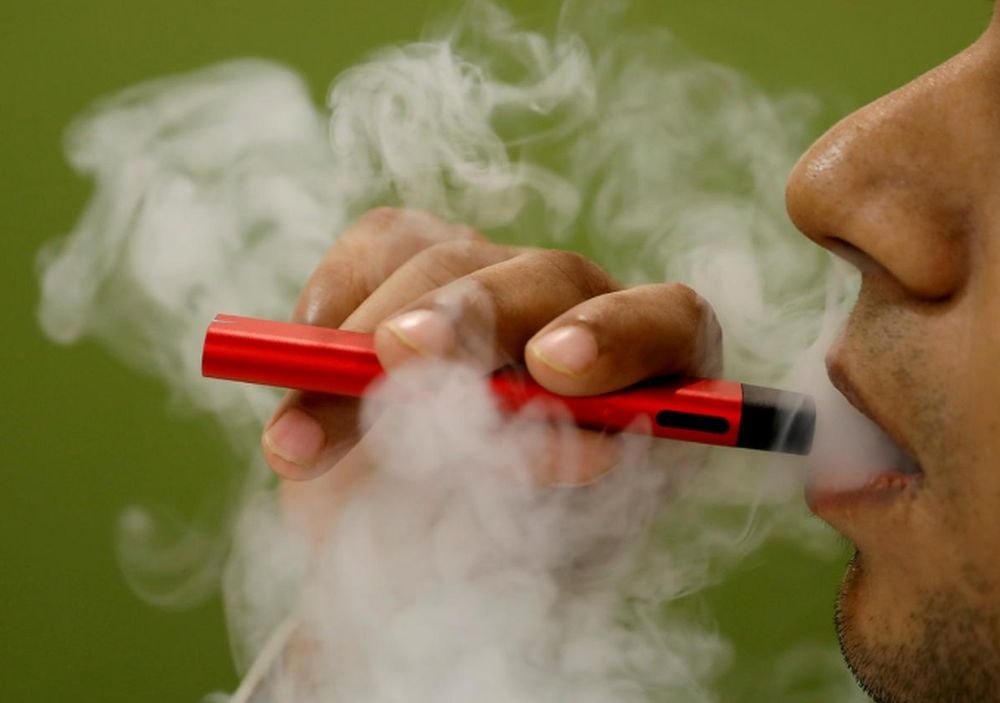KUALA LUMPUR, Nov 28 — When vaping devices first emerged in Malaysia, they quickly became a popular trend, especially among the youth.
For some, vaping became an alternative to smoking traditional cigarettes, while for others, including non-smokers, owning a sleek, trendy vaping device was seen as a fashionable statement.
Over time, the demand for vaping devices surged, driven by their modern design, with some models resembling lifestyle accessories.
Vaping evolved from being a habit to a cultural symbol, with users making a statement simply by carrying a device.
The appeal of vaping was amplified by the variety of customisable flavours available, from fruity options to flavours mimicking desserts like key lime pie, cotton candy, milk tea, and matcha.
However, the health risks associated with vaping, particularly due to its nicotine content, have raised concerns.
While nicotine-free liquids are available, many users still choose nicotine-based options, prompting health experts to call for tighter restrictions, especially given the growing accessibility of vaping devices to children.

Is Vaping legal in Malaysia?
Yes, vaping is legal in Malaysia, but the government has laid down strict regulations. Health Minister Datuk Seri Dzulkefly Ahmad recently confirmed that banning vaping devices is not the preferred approach at this time. Instead, the government is relying on the Control of Smoking Products for Public Health Act 2024 to regulate vaping and its sales.
Who is allowed to vape?
The law prohibits minors — those under the age of 18 — from purchasing or using any smoking products, including vapes. Those found in violation of this can be fined up to RM500 or sentenced to 120 hours of community service within six months. The court may increase the community service hours or add other penalties for repeat offenders.
The government’s stance on regulation and taxation
In March 2023, the government exempted nicotine from the Poisons Act 1952, allowing for taxation on products like electronic nicotine delivery systems (vapes and e-cigarettes).
Instead of an outright ban, the government introduced an excise duty on vape liquids containing nicotine, set at 40 sen per millilitre, which took effect in April 2023.
Prime Minister Datuk Seri Anwar Ibrahim announced that half of the revenue from this excise tax would be allocated to the Ministry of Health.
Protecting children from vaping
To prevent underage access, the law mandates the registration of all tobacco and vaping products.
No tobacco or vaping product can be imported, manufactured, or sold unless it is registered under the Act.
No sales to minors
Selling vaping products to minors is now a criminal offence. Offenders can face fines of up to RM20,000, a year in prison, or both.
Repeat offenders can be fined up to RM30,000, sentenced to two years in jail, or both.
Companies found guilty of selling to minors could face fines ranging from RM20,000 to RM100,000 and imprisonment of up to two years.
Repeat offences carry even steeper penalties, with fines between RM50,000 and RM300,000 and up to three years in prison.



















